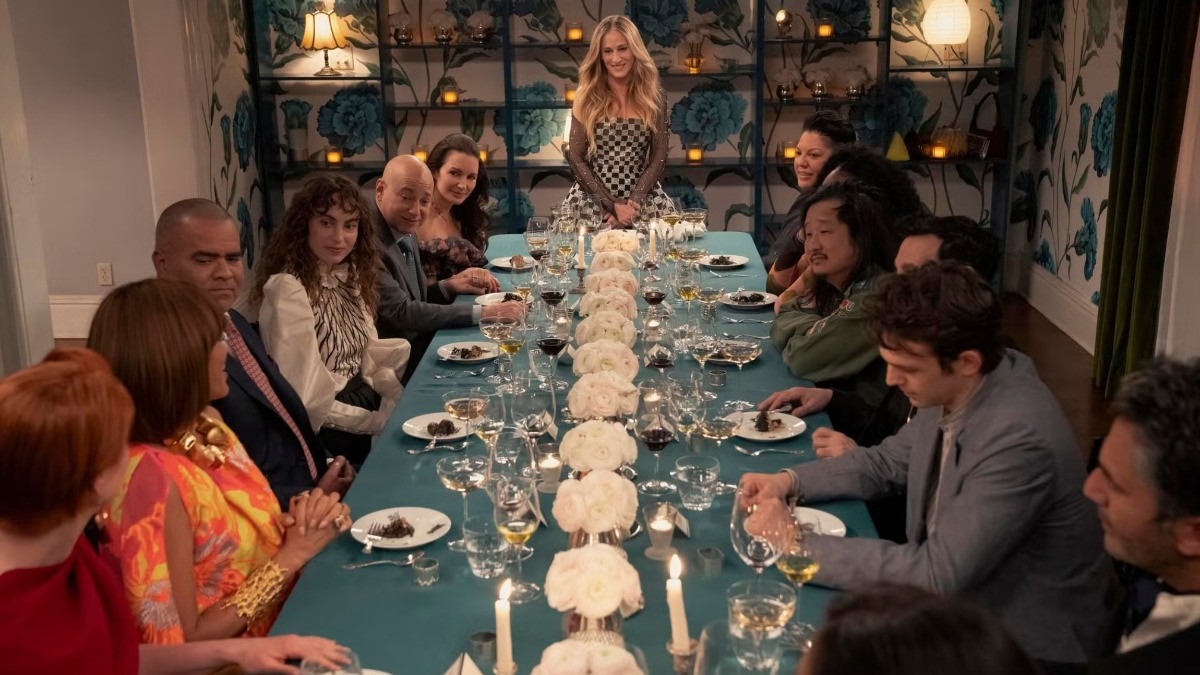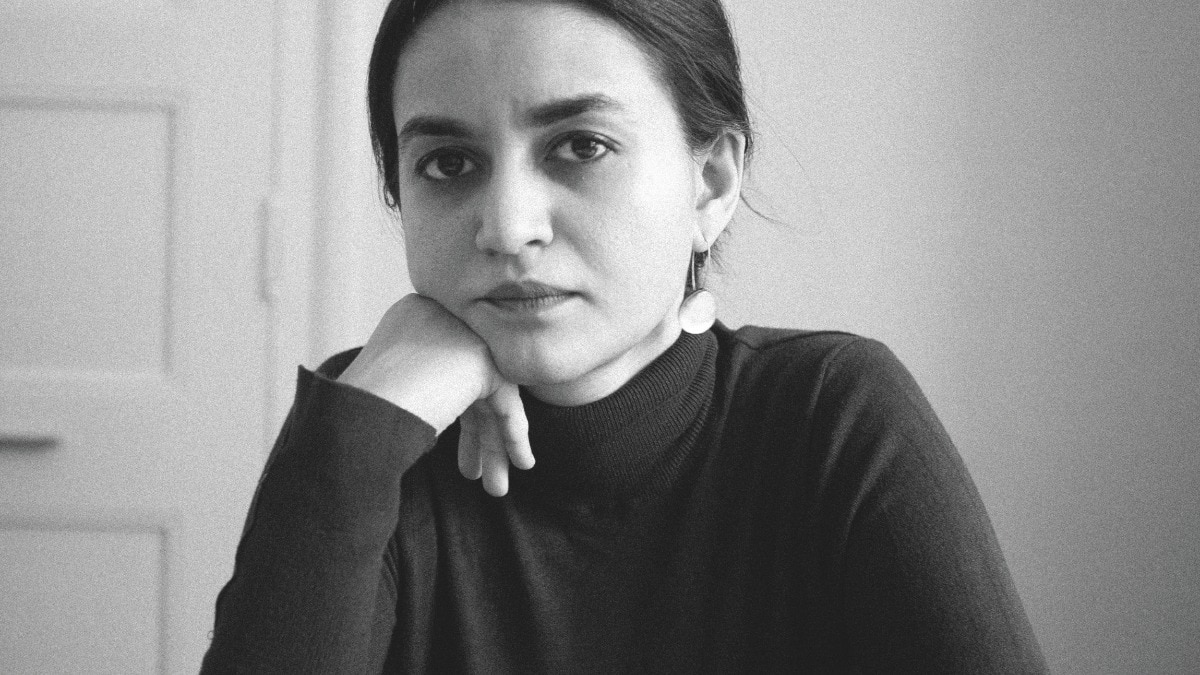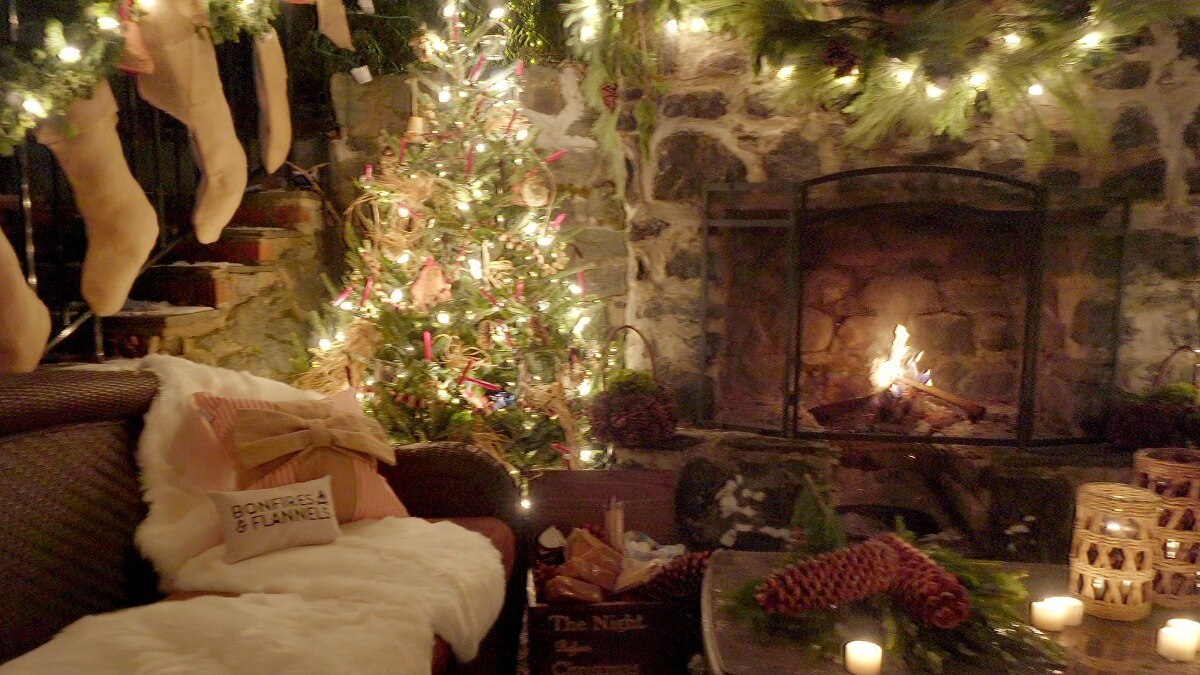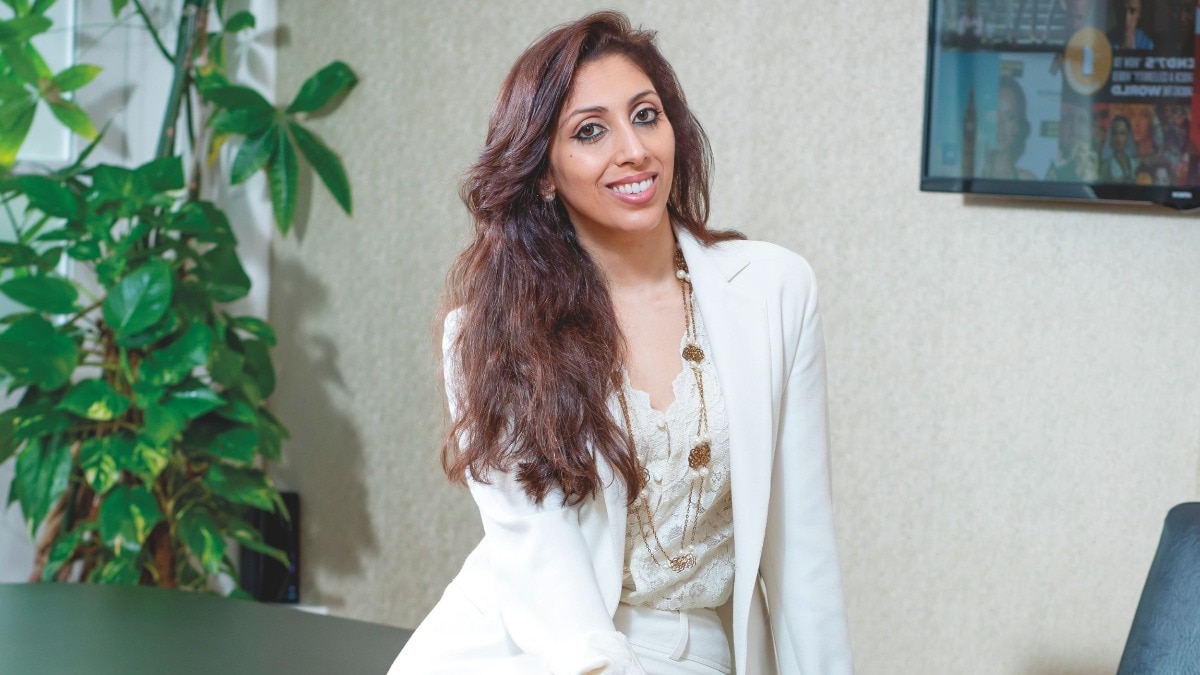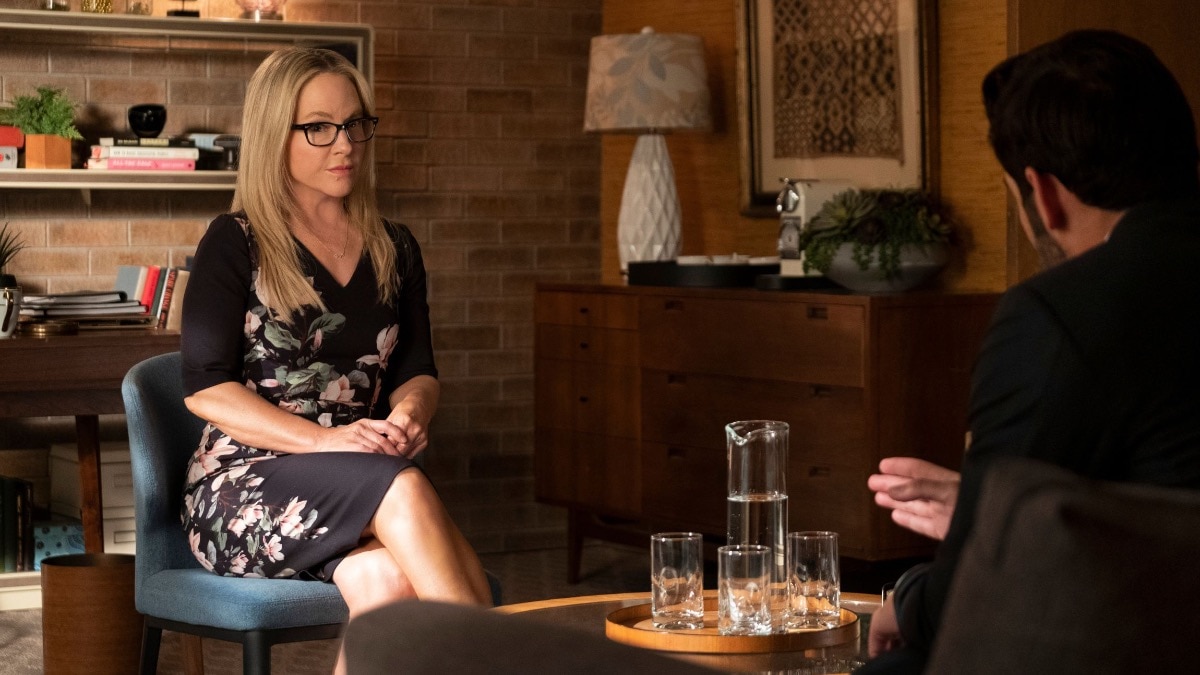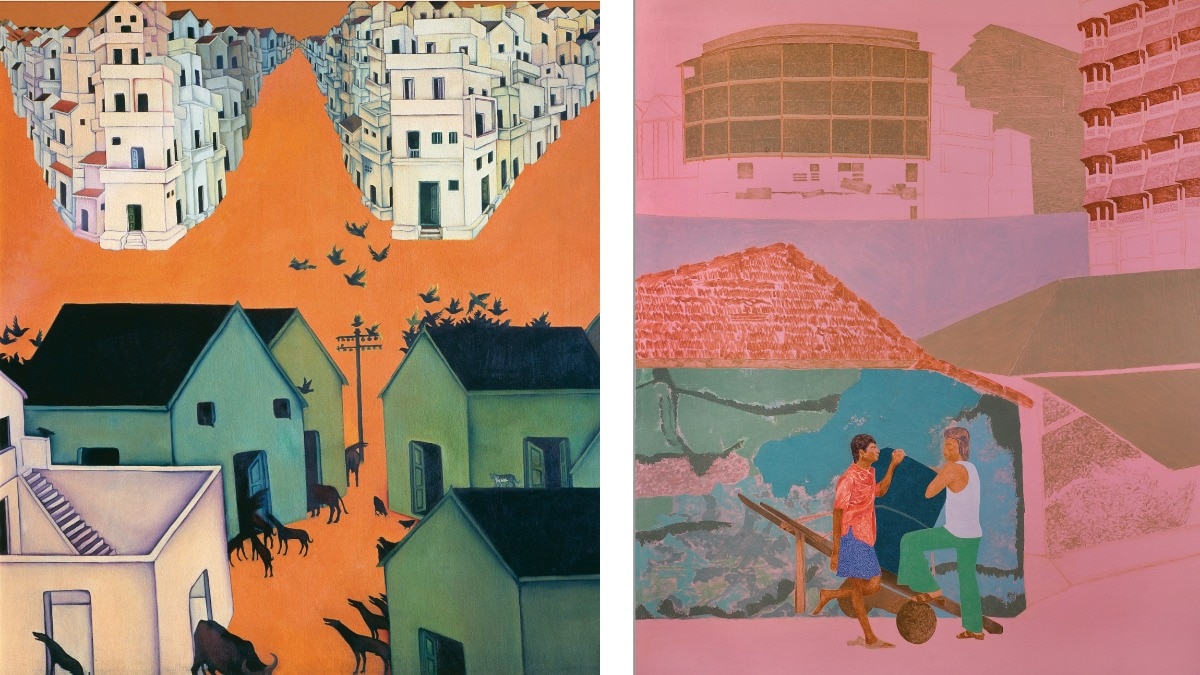
Author Ella Frances Sanders encourages us to pause and embrace the beauty in our everyday lives
Here's to celebrating the beauty of the mundane.


For a long time, we’ve been living in a world that has robbed us of finding joy and beauty in the little glimmers of life. Now, one pays little attention to the inherent beauty that exists all around us. Overwhelmed with a dire urgency to find her way back to beauty and self-love, UK-based illustrator and author Ella Frances Sanders wrote the book Everything, Beautiful—A Guide to Finding Hidden Beauty in the World. Through pastel tones, heart-warming quotes, and an incredible history that traces the origin of the term beauty, she reminds us to look beyond the narrow definitions that exist today. Our conversation with her was a much-needed nudge to rediscover what we might have forgotten—beauty in our every day.

Harper’s Bazaar: In the synopsis of the book, Everything, Beautiful, you mention it is for all who are struggling to remember what beauty is. Do you think you had forgotten what beauty was? What is your perception of the word now? How would you define it?
Ella Frances Sanders: Since the 1930s, and the origins of advertising as we now know it, beauty has been bought, sold, and attached to all sorts of inadvisable definitions—most of them ultimately meaningless and unreliable. I think, as a society, we forgot what beauty is, in its most nourishing and real forms, and although the isolation and slowing down during the most intense period of the Covid-19 pandemic helped many people to begin to remember or see other types of beauty, it seemed as though almost everyone was eager to rush back to ‘normalcy’ and the deficit of attention we have cultivated.
I needed to write Everything, Beautiful in order to remember fully what beauty needed to mean on this planet. As I say towards the end: “The new beauty is radical because it allows us to love ourselves despite being told not to; it is caring for yourself in whatever way that looks like for you—it is letting others love themselves without interruption or judgment or shame.”
HB: In the world that we live in today, why do you think it is important to broaden our perspective on beauty? What advice would you give to do so?
EFS: For the most part, we have landed on a homogenous and diminishing definition of beauty: that it can be bought with money, that it comes in the shape of possessions and other people’s views of our lives, that it looks exclusive, and that the ordinary, mundane moments do not matter. Or, if they do, then they must be validated by others.
It feels crucial to widen our definition of what beauty can be because, as with anything in the natural world, variety is healthy. Consistently relying on one, narrow definition of beauty—especially one held up by consumerism—is like planting a forest of a single species. After a time, a monoculture forest will look sickly, is vulnerable to disease, and largely devoid of life, whereas a mixed, varied landscape can distribute the stresses imposed on it, and draw on its differing strengths to grow strong and resilient.
Our beauties have not been resilient, but they can become so. Reshaping one’s definition of what beauty might be is not a fast thing, but a slow one. Some of the simplest things to do though would include looking in directions that you wouldn’t usually. It is worth saying also, that a slower, more expansive beauty will not thank you for spending all your time on a phone.

HB: Tell us about your inspirations.
EFS: These are, more often, small interactions or observations in my daily life. In part, I’m sure this comes from being a naturally quiet, detail-oriented person, and while seeing and living in other parts of the world has absolutely helped form and stretch my own definitions of beauty, I don’t believe a person needs to move far and wide in order to find everything beautiful.
HB: Do you think that finding beauty also means looking for it within oneself? What makes you feel beautiful?
EFS: Looking within, and thinking about beauty from the inside-out, has been a large part of why our definition of the word has become so pale and cloned. We pay far too much attention to how we look—can you imagine if every single mirror disappeared overnight?—and how the gaze of another can make us feel about how we look, this seems such an odd thing when accounting for the fact that we only exist on the planet for a stipulated time as ever-ageing, ever-changing beings.
I do certainly notice feeling beautiful sometimes, a sort of radiance, but this will almost always be a result of something like planting vulnerable green things in damp soil, making a meal for tired parents, or climbing a hill in the valley alone to notice my smallness in the scheme of it all. This feeling of beauty is a definition of something more like connectedness, and I think all of us have the potential to feel connected and beautiful to other people, to the natural world, and to our own small corners.
HB: A lot of your illustrations are a relief from the narrowed-down definitions of beauty—take us through your process.
EFS: These definitions of beauty are things that have been around us all along. They are often the quieter or smaller ones though, the ones that have become less and less visible as we have filled up the world with noise, objects, and a pace of existence that is far too fast to be consistently compatible with, say, the way a single flower follows the arc of the sun, or the way some birds are better at landing in trees than others. We move too quickly to notice these things.
This article originally appeared in Harper's Bazaar India, May-April 2024 print issue.
Feature image credit: An illustration by Ella Frances Sanders
Also read: Six fabulous women about overturning the shelf life of beauty
Also read: Self-compassion is absent from many self-care conversations, but is key to body acceptance





